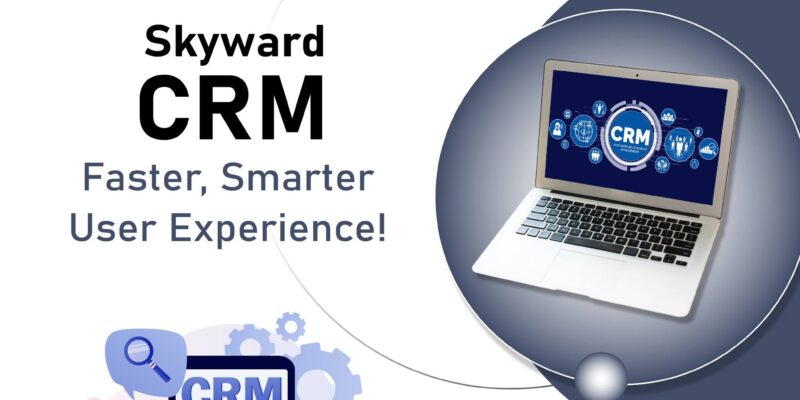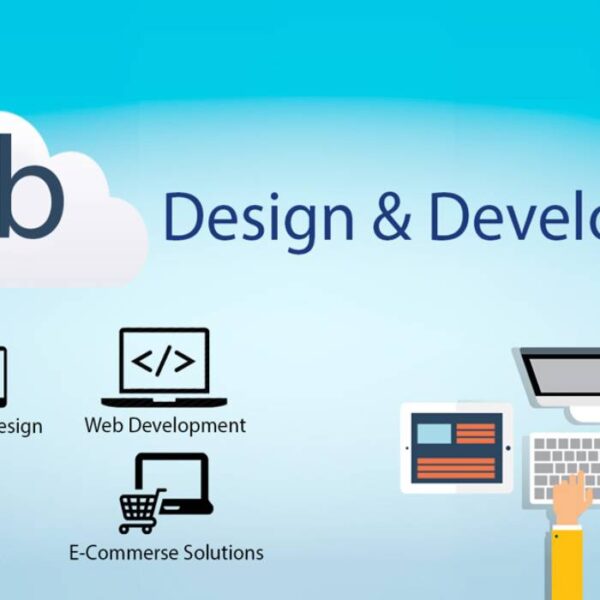
In an ever-evolving business landscape, companies continuously seek innovative ways to boost their revenue. One of the most effective tools for achieving this is Customer Relationship Management (CRM) software. With its robust capabilities, CRM software can transform how businesses interact with customers, streamline operations, and ultimately drive revenue growth. In this blog, we will explore five ways to increase revenue with CRM software and why investing in the best CRM software is crucial for small businesses.
1. Streamlining Sales Processes
One of the primary functions of CRM software for small business is to streamline the sales process. By automating routine tasks, such as data entry, follow-ups, and lead tracking, CRM software frees up valuable time for sales teams.
Sales representatives can focus on what they do best: selling. With features like pipeline management, CRM software allows businesses to visualize their sales funnel, identify bottlenecks, and take corrective actions. By having a clear view of their sales processes, teams can close deals more efficiently and increase conversion rates, leading to higher revenue.
Key Features to Look For:
- Automated lead assignments
- Task reminders for follow-ups
- Customizable sales pipelines
2. Enhancing Customer Engagement
Engaged customers are more likely to make repeat purchases and become loyal advocates for your brand. CRM software provides businesses with the tools to foster better customer engagement through personalized communication and targeted marketing efforts.
By analyzing customer data, businesses can tailor their marketing campaigns to specific customer segments, increasing the relevance of their messages. Personalized emails, promotions, and product recommendations lead to higher open and conversion rates. Additionally, CRM software enables businesses to track customer interactions, ensuring timely responses to inquiries and enhancing overall satisfaction.
Key Features to Look For:
- Email marketing integration
- Customer segmentation capabilities
- Interaction history tracking
3. Upselling and Cross-Selling Opportunities
CRM software helps businesses identify upselling and cross-selling opportunities, significantly increasing average order values and overall revenue. By leveraging customer data, businesses can analyze purchasing patterns and preferences.
For example, if a customer frequently buys a specific type of product, the CRM system can suggest complementary items or upgraded versions. This targeted approach not only increases the likelihood of additional sales but also enhances the customer experience by providing relevant recommendations.
Key Features to Look For:
- Purchase history analysis
- Automated product recommendations
- Customer behavior insights
4. Improving Customer Retention
Acquiring new customers is often more expensive than retaining existing ones. CRM software plays a crucial role in enhancing customer retention by providing insights into customer behavior and preferences.
By tracking customer interactions and feedback, businesses can identify potential issues before they lead to churn. Proactive measures, such as personalized outreach or special offers for loyal customers, can help keep customers engaged and satisfied.
Loyal customers are more likely to return and make repeat purchases, directly impacting revenue growth. Furthermore, satisfied customers are more likely to refer others, creating a valuable word-of-mouth marketing effect.
Key Features to Look For:
- Customer feedback collection tools
- Churn prediction analytics
- Loyalty program management
5. Utilizing Data-Driven Insights
Data is the new currency in the digital age. The best CRM software equips businesses with powerful analytics and reporting tools that provide actionable insights into performance and customer behavior.
By analyzing sales data, marketing campaign results, and customer interactions, businesses can make informed decisions to optimize their strategies. For instance, understanding which marketing channels yield the highest ROI can help businesses allocate resources more effectively.
Additionally, businesses can monitor sales team performance and identify areas for improvement, ensuring that every team member contributes to revenue growth.
Key Features to Look For:
- Real-time analytics dashboards
- Customizable reporting tools
- Integration with business intelligence platforms
Conclusion
In a competitive marketplace, leveraging CRM software for small business is essential for driving revenue growth. By streamlining sales processes, enhancing customer engagement, identifying upselling opportunities, improving retention, and utilizing data-driven insights, businesses can maximize their revenue potential.
Investing in the best CRM software is not just about managing customer relationships; it’s about transforming those relationships into meaningful revenue opportunities. With the right CRM system in place, businesses can position themselves for sustainable growth and long-term success.
As you evaluate CRM solutions for your business, consider how each option can specifically help you increase revenue. The right CRM software will provide you with the tools and insights needed to build strong customer relationships, optimize your sales processes, and ultimately drive higher revenue.











